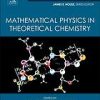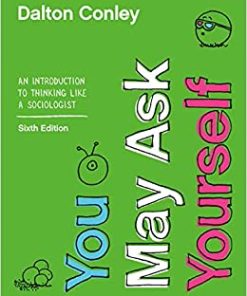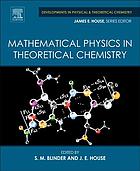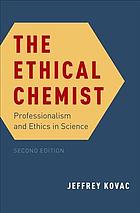Thinking Like a Physical Organic Chemist
$50.00 Original price was: $50.00.$25.00Current price is: $25.00.
Thinking Like a Physical Organic Chemist – Ebook Instant Download/Delivery ISBN(s): 9780197640371,0197640370,9780197640395, 0197640397
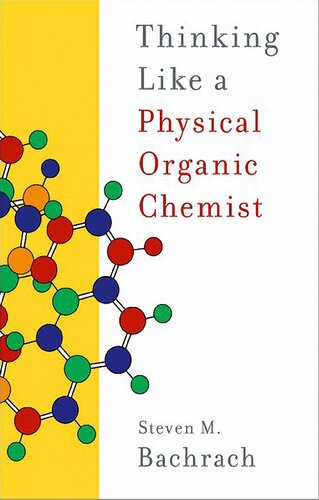
Product detail:
- ISBN 10: 0197640397
- ISBN 13: 9780197640395
- Author: Steven M. Bachrach
Physical organic chemistry is a modern scientific subdiscipline whose reach is pervasive throughout chemistry, underpinning every academic and industrial synthetic process. All current organic chemistry textbooks rest upon the foundations of physical organic chemistry, and all of them rely on the concept of reaction mechanism as the means for understanding organic reactions. Yet many outside of the discipline either fear the topic or know nothing about it at all. The perceived difficulty of the subject of organic chemistry often prevents consideration of how the methods of organic chemists, their process of asking questions, devising tests, and building models, can be translated into other disciplines. In Thinking Like a Physical Organic Chemist, Professor Steven M. Bachrach uses analogies and colorful examples to provide experts and nonexperts alike with an alternative way of thinking about organic chemistry. He highlights a number of reaction mechanisms, walking through the important experiments that they rest upon, with an emphasis on the rules and logic systems that organic chemists have built to understand and predict reaction outcomes.
Table of contents:
- 1. Itineraries
- 2. Chemistry Basics
- 3. Tour de France Stages
- 4. Potential Energy Surface Features
- 5. Nucleophilic Substitution Reactions. I. Basics and SN1
- 6. Nucleophilic Substitution Reactions. II. SN2
- 7. Nucleophilic Substitution Reactions. III. Stereochemistry
- 8. Interlude: Philosophy of Science
- 9. Nucleophilic Substitution Reactions. IV. Further Details
- 10. Elimination Reactions. I. E1 and E2
- 11. Elimination Reactions. II. Conformation and Stereochemistry
- 12. The Truth about Substitution and Elimination Reactions
- 13. More Hard Truths: Alkyls as Electron-Donating Groups
- 14. Addition Reactions: Kinetic and Thermodynamic Control
- 15. Quantum Mechanical Tunneling
- 16. Aromaticity
- 17. Pericyclic Reactions
- 18. Reaction Dynamics
- 19. Lessons Learned
People also search:
You may also like…
Politics & Philosophy - Social Sciences
(Ebook PDF) Thinking Like a Lawyer 1st edition by Colin Seale 1000489906 9781000489903 full chapters
Relationships & Lifestyle - Diet & Nutrition
Fiction - Drama
Business & Economics - Responsibility and Business Ethics



